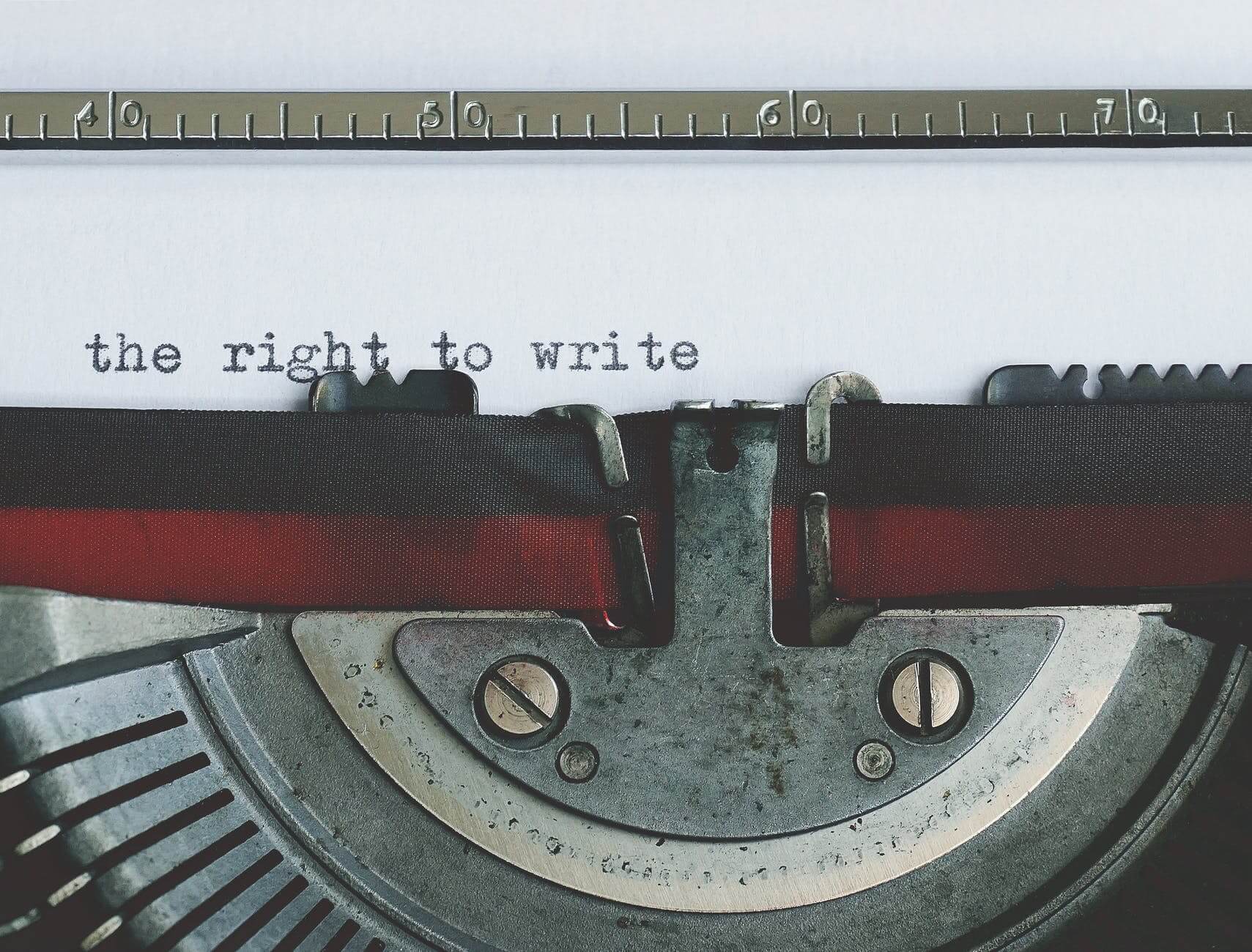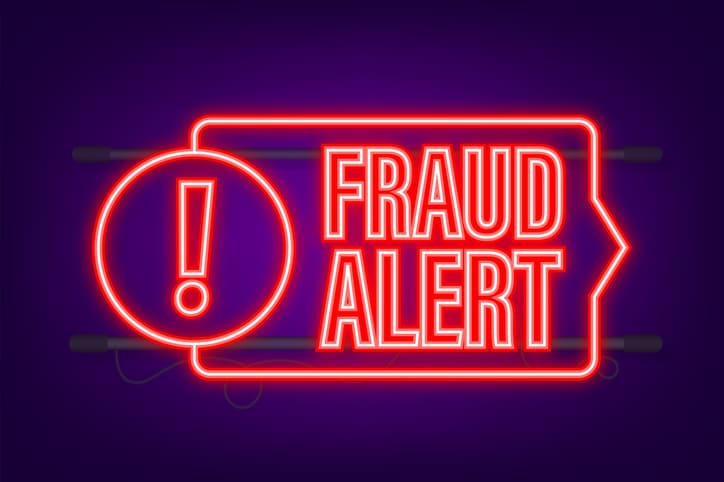
This year has got off to a somewhat rocky start for everyone living in the UK as we all cope with the horrible third national lockdown. I am thrilled that my team has been able to continue delivering fantastic work for our clients this past month however, I am less thrilled about the recent ‘PR bashing’ I have seen on social media.
In case you didn’t know PR bashing is a trend (not really a new one) where journalists take to Twitter to share emails or other forms of communication, they have received from PRs to call out behaviour they do not believe is right or acceptable. While this may occasionally provide a form of constructive criticism for PRs, more often than not the only outcome is embarrassing whoever the tweet was written about. If I am honest, I don’t really agree with it. Nobody is perfect and singling out individuals can be pretty mean. This interesting blog post by Jessica Pardoe provides more insight surrounding what PR bashing is and why it is a problem.
A recent PR bashing
A recent instance of PR bashing involves a finance journalist who took to the platform to voice his anger about emails that he had become frustrated with receiving. Twitter has since been filled with the debate surrounding appropriate email etiquette for PRs when contacting journalists. This debate has gone on for years too. I remember calling a well-known rather scary national IT journalist and him counting down from ten to one whilst I pitched my IT story to him. When he reached one he shouted “not interested” all the while saying boring, no, still boring. You get the picture – it wasn’t fun and I have remembered that call for the rest of my career. In short, the journalist was just a massive bell-end waving his ego all over the place.
So you may be thinking – surely these emails he received were really dire for him to share his complaints so publicly in full view of the rest of us. Did the PR follow-up within a couple of hours? Did they spam him with hundreds of irrelevant pitches? Did they insult him? Did they call the wrong regional that didn’t cover that area?
No.
They dared to start their email with ‘I hope you are well!’. I am going to be honest here – I write that because I do hope you are well. I hope you are well reading this and I hope you enjoy it. I even hope the bell end journalist I called twenty years ago is well.
A Journalist’s job is tough
I appreciate that journalists have a very tough job and will receive tons and tons of emails every day but I’m not sure why anyone has to be so bloody mean and bitter about a polite greeting. Really mate, I have had far worse pitches to my blog than that.
While confusing, this debate about email pleasantries is not new. This article in PRWeek, from way back in 2015, previously discussed the ‘hope you’re well’ controversy. This followed what I can only describe as a dramatic announcement from a journalist who had blocked 24 PRs that day (so far, it was only 1:55pm) after they had all sent emails to him featuring the infamous “I hope you’re well”.
The journalist’s argument is that these emails are disingenuous as they are from someone who is a ‘stranger’ who is only getting in contact because they want something and therefore doesn’t actually care if they are well. Seems petty and mean right? I would be intrigued to know what these journalists propose is a better way to approach them (my guess would be not at all, in which case they’re probably in the wrong job). I wonder what they write to people when they actually want a PR to help them.
I don’t think there’s anything but good intent from PRs that approach journalists in this way. It may be a little irritating to receive 127 emails with I hope you well but they haven’t killed a cat it is simply a way of being polite. I also think the majority of lovely PR people in the industry do actually care for the wellbeing of the journalists they work alongside and hope to build a good relationship. I have had loads of great relationships with journalists – we have to work together, after all, to get a great story out.
The Relationship between PR and Journalism
The relationship between PR and journalism has always been based on mutual respect and both sides help each other to do their job effectively. PRs rely on journalists to secure coverage for clients and in return journalists are given access to pre-written articles, covering an infinite number of topics about exciting and interesting events featuring comments from experts they often don’t even have to interview. This is at a time where journalists are arguably more reliant on PR than ever. The ‘always-on’ culture of digital media means that journalists are under increasing pressure to produce more content in less time, which PR can help them achieve. Despite this transactional relationship, it is the PRs that often get a bad rep. Sometimes it is fair enough because they are shit but sometimes it is because the journalist is just being mean and unfair.
The damaging effects to mental health
I worry about the damaging effects of youngsters being publicly called out may have on someone, especially someone who is just starting out in their careers like me and ten sec moment of terror. It may knock their confidence and prevent them from continuing to pursue their career in the industry as they fear being ridiculed by journalists in front of their peers. Not only could this have an effect on someone’s confidence but also on their mental health. This comes as research from the CIPR health group has indicated that eight in ten PR practitioners have reported feeling the mental health impact of the Covid-19 pandemic. I know I have and I know my team have.
That being said I do think that PRs could do more to help journalists and themselves. I can understand that a journalist might be annoyed if the PR has clearly just attached a press release to a generic email and hit ‘send all’, not bothering to even use the journalist’s name. I also appreciate that it must be frustrating if a PR has clearly not read the journalist’s work and is clogging up their inbox with irrelevant and outright terrible material. Those of us that have blogs know all about that trust me.
While I understand the difficulties journalists face, I don’t think taking to social media and posting nasty tweets is the way to solve anything. It doesn’t help that the PR bashing tweets, such as those taking issue with ‘I hope you’re well’, do not offer any constructive criticism.
Ultimately no two journalists are the same and there is no one size fits all approach to contacting them. If even something as seemingly harmless as ‘I hope you’re well’ can cause so much offence then we may have to accept that we (the PR professional) just can’t ever win and we are doomed to be slagged off by journalists until 2089. Everyone is doing their best at the moment to cope with the ever-changing lockdown rules and it would be made a lot easier if everyone could take a step back and be a little kinder on social media.
Chris Norton is the founder of Prohibition and an award winning communications consultant with more than twenty years’ experience. He was a lecturer at Leeds Beckett University and has had a varied PR career having worked both in-house and in a number of large consultancies. He is an Integrated PR and social media blogger and writes on a wide variety of blogs across a huge amount of topics from digital marketing, social media marketing right through to technology and crisis management.


